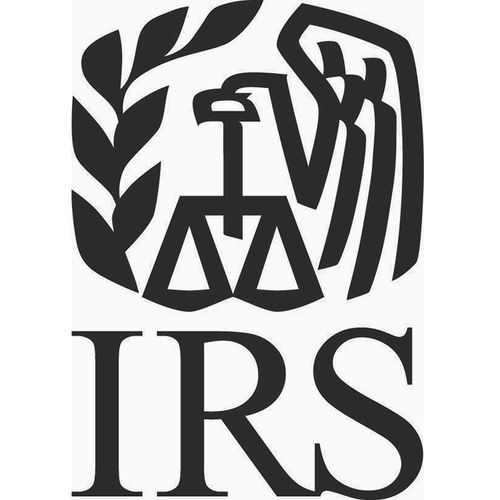New 40B SAF tax credit guidance addresses use of updated 40BSAF-GREET 2024 model

October 21, 2024
BY Erin Voegele
The U.S. Treasury Department and Internal Revenue Service on Oct. 18 issued additional guidance for the 40B sustainable aviation fuel (SAF) tax credit. The new guidance, Notice 2024-74, addresses the use of an updated 40BSAF-GREET 2024 model released by the U.S. Department of Energy in October.
The 40B SAF tax credit was created by the Inflation Reduction Act and is currently in place for tax years 2023 and 2024. The credit ranges from $1.25 to $1.75 for each gallon of SAF in a qualified mixture. To qualify for the credit, the SAF must have a minimum reduction of 50% in lifecycle greenhouse gas (GHG) emissions.
Advertisement
Treasury and the IRS have released several notices regarding the SAF credit. Notice 2023-06 was issued in December 2023 and explains the requirements for the fuel to be eligible for the SAF credit, the various methods in which a claimant may claim the credit, and which parties must be registered for the different activities in the process. The agencies in May 2024 issued Notice 2024-37, which allows a SAF producer to use the 40BSAF-GREET 2024 model to calculate the GHG emissions reduction percentage for purposes of the SAF credit.
The DOE originally issued the 40SAF-GREET 2024 model in April 2024. The agency updated that model in mid-October. According to the DOE, the updated model modifies how the required catalyst input for alcohol-to-jet (ATJ) -ethanol process is applied. The required catalyst input is now fixed per megajoule of SAF produced.
Advertisement
The newly released guidance, Notice 2024-74, instructs taxpayers using the 40BSAF-GREET 2024 model with respect to claims that relate to the sale or use of a SAF qualified mixture on or after Oct. 18, 2024, to use the October 2024 version of the 40SAF-GREET 2024 model and accompanying user manual to calculate the fuel’s GHG emissions reduction.
Additional information is available on the IRS website.
Related Stories
Keolis Commuter Services, the Massachusetts Bay Transportation Authority’s operations and maintenance partner for the Commuter Rail, has launched an alternative fuel pilot utilizing renewable diesel for some locomotives.
Virgin Australia and Boeing on May 22 released a report by Pollination on the challenges and opportunities of an International Book and Claim system for sustainable aviation fuel (SAF) accounting.
The biodiesel industry has been facing turbulence, but the release of long-overdue policy could course-correct.
The U.S. House of Representatives early on May 22 narrowly passed a reconciliation bill that includes provisions updating and extending the 45Z clean fuel production tax credit. The bill, H.R. 1, will now be considered by the U.S. Senate.
U.S. EPA Administrator Lee Zeldin on May 21 stressed the agency is working “as fast as humanly possible” to finalize a rulemaking setting 2026 RFS RVOs during a hearing held by the U.S. Senate Committee on Environment and Public Works.
Upcoming Events










